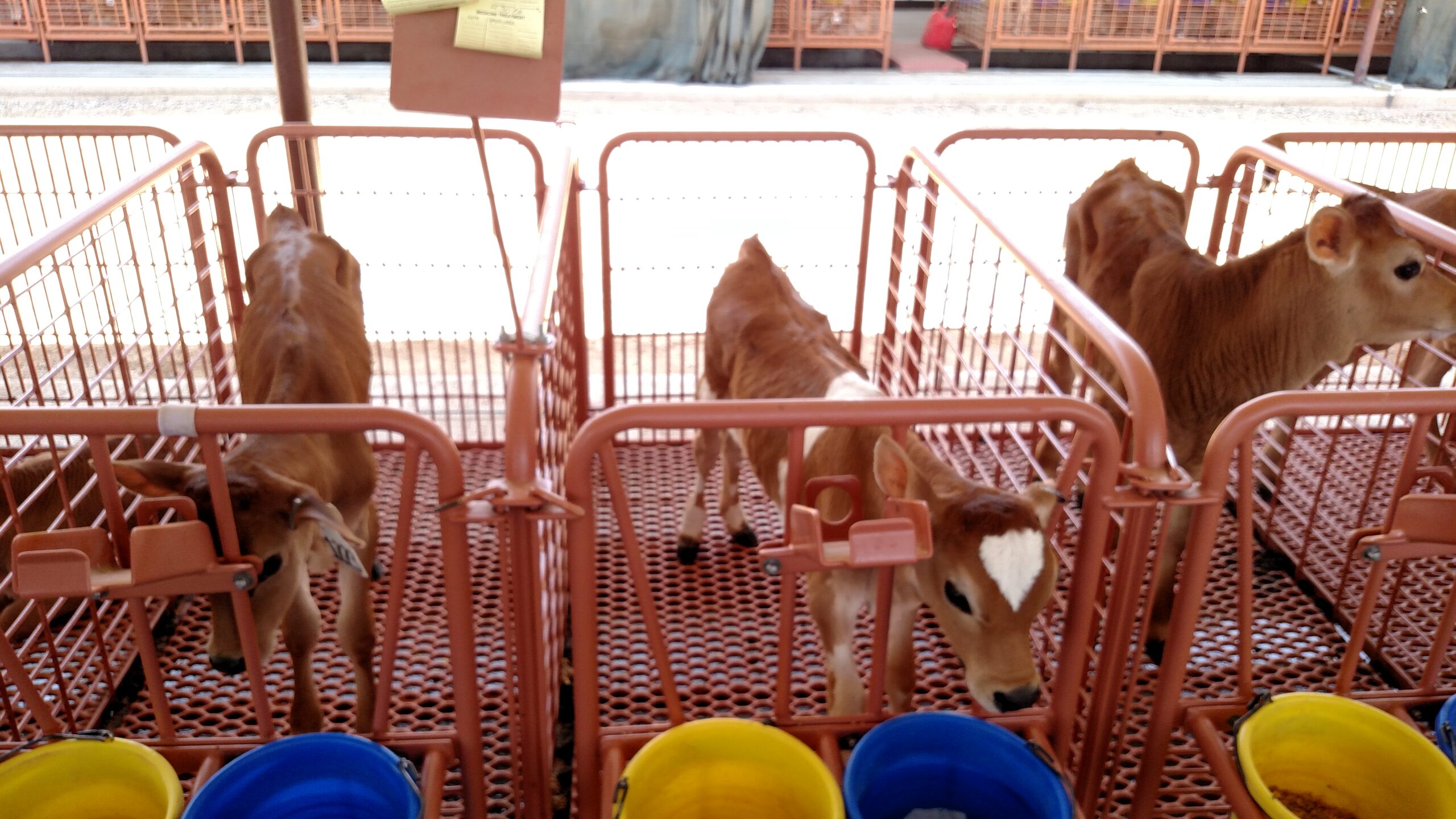A group of 30 Arizona  teachers toured agricultural facilities throughout northern and central Arizona for a week in hot June! But they didn’t complain about the heat (too much) because they were so excited to learn about all Arizona has to offer in the field, so to speak.
teachers toured agricultural facilities throughout northern and central Arizona for a week in hot June! But they didn’t complain about the heat (too much) because they were so excited to learn about all Arizona has to offer in the field, so to speak.
The goal for the week-long Summer Agricultural Institute is to educate the teachers on a variety of agricultural operations and provide them with resources and curriculum they can use in their classrooms to pass the info along to their students. This year the teachers toured northern Arizona during the week of June 6-10 and visited the following sites:
- U of A Maricopa Agriculture Center

- USDA Arid‐Land Agricultural Research Center
- Pendley Apple Homestead
- Page Springs Cellars
- Groseta Ranch
- Diablo Trust
- Four Forest Restoration Initiative
- Willow Bend Environmental Education Center
- Whipstone Farm
- Bonnie Plants

- Yavapai Community College Agribusiness & Science Technology Center
- Perkinsville Meat Processing
- Green Creek Gardens
- Mortimer Family Farm
- Rousseau Farms
- Triple G Dairy
- Heiden Land and Cattle
They also had the opportunity to spend the afternoon with a local farmer or rancher and learn what they do first hand.
A highlight of the trip is the dairy farm tour. At Triple G Dairy, the teachers learned how dairies always keep the health and well-be ing of the cows top of mind and emphasized the sustainability efforts that are seen on most dairy farms. The teachers were amazed at the methane digester that produces ‘cow power’ to sustain the electrical needs of the dairy and provide additional energy for the community.
ing of the cows top of mind and emphasized the sustainability efforts that are seen on most dairy farms. The teachers were amazed at the methane digester that produces ‘cow power’ to sustain the electrical needs of the dairy and provide additional energy for the community.
This is a great opportunity to have teachers meet the people who produce food for the state, nation, and world. It helps them answer the question we hear so often lately, “Where does my food come from?” The teachers can help get the word out about Arizona dairymen, the wonderful job they do in caring for the land and animals, and help educate their students and others with whom they come in contact.

